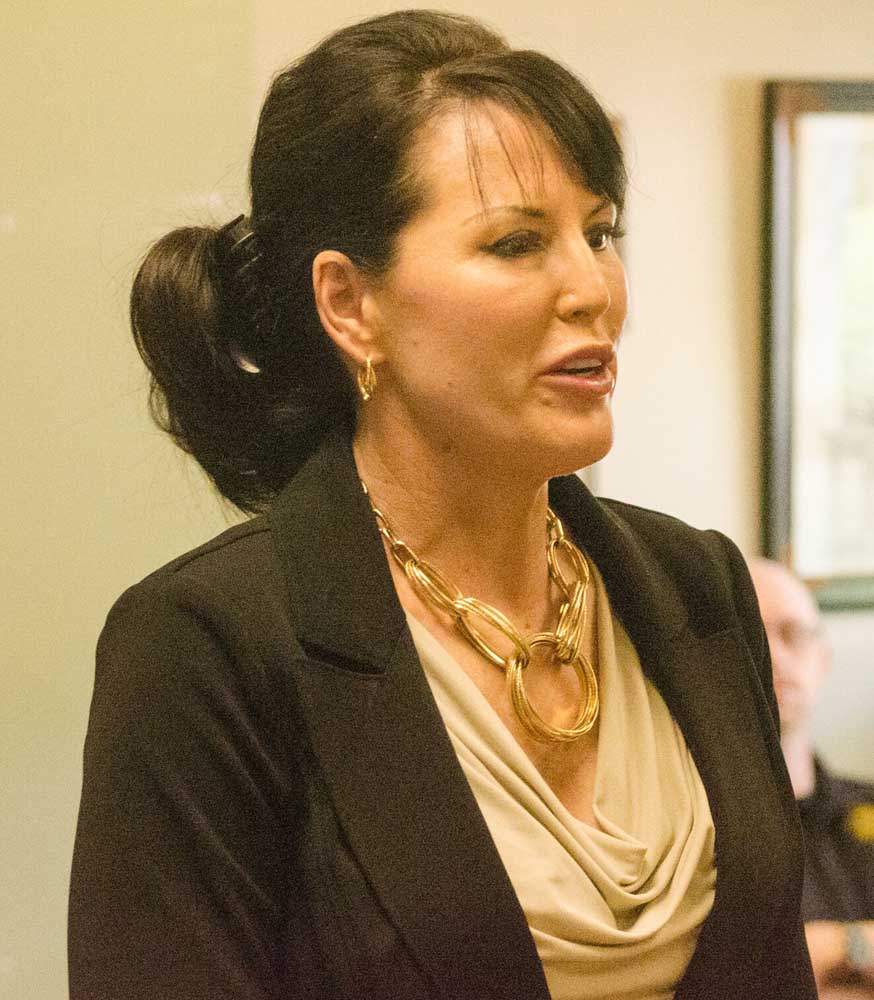Grant partners with Harney County on new drug and family treatment court
Published 6:15 am Tuesday, September 6, 2022

- Timko
CANYON CITY — Earlier this summer, Grant and Harney counties implemented a drug and family treatment court program to address rising addiction rates in the area.
Circuit Court Judge Rob Raschio said the drug problem in Grant County is severe and is the foundational cause of much of the criminal activity in the county, including theft and acts of violence.
Raschio said if drug addiction is not addressed in the court system, it will not get addressed anywhere else.
When Oregonians voted to decriminalize small amounts of drugs with Measure 110, voters thought it would address the drug problem. Instead, Raschio said, it hobbled the court’s ability to get people into drug treatment.
Under Measure 110, if someone gets cited for possessing a small amount of drugs, they can have the violation — akin to a traffic ticket — dismissed if they call a hotline for a brief evaluation to see if they have a drug problem.
“The people of Oregon made a decision,” he said. “That is what they wanted to do, and that’s fine with the court. We just have to deal with it.”
With that, the 24th Judicial District Specialty Treatment Court is now operating a drug and family court program in Grant and Harney County, Raschio said.
Raschio said Grant County used to have a drug court program and that he decided it was a good time to bring it back, given that Grant County’s district attorney has been willing to put people charged with crimes that have victims into the program.
Not only that, Raschio said, but the presiding judge of Harney County’s drug court program —Christie Timko, a longtime judge pro tempore — is highly trained in drug court protocol.
Raschio said Timko, who he appointed and who will work under his supervision, will oversee both programs, drug and family court.
The drug court, also referred to as judicial treatment court, is for non-violent adult offenders with a severe drug problem who are highly likely to re-offend and facing serious consequences.
People coming into drug treatment court, Raschio said, are facing situations where they can either do a year in jail or complete the program.
“We’re doing heavy, heavy consequences for people who enter into drug court,” Raschio said.
Those consequences will happen to those who do not comply with the program’s provisions.
“I want people to know that we’re very concerned about public safety,” he said. “Secondly, I think public safety is enhanced by drug courts, when they’re done effectively. “
Raschio said the program received just under $550,000 in grant funding through the U.S. Department of Justice Assistance Program.
The funding will pay for a part-time probation officer for the drug court program who would work on the weekends. Grant County Sheriff Todd McKinley, who oversees the probation office, said the funding would make it possible for people to put in community service hours and come in for drug tests over the weekend. With the addition of the treatment court probation officer, the probation office will have a total of three officers and will be able to be open seven days a week.
McKinley told the newspaper that the probation office has not yet filled the position.
During the June 1 session of Grant County Court, Timko told the court that the treatment program is evidence-based and said 90% of those who complete the program have not been re-arrested three years after graduating.
Raschio said he did not just want to have a drug court for criminal offenders, but also a family court for parents struggling with serious addiction issues that are impacting their ability to care for their children.
The model is similar to drug court. The addicted parents would have their children taken from them by the Department of Human Services placed into foster care and would enter into an intensive treatment program with strict supervision. The idea is to get the parents the services they need to address their addiction, then get the family back together.
Raschio said substance abuse was alleged in more than half of all cases in the Grant and Harney County district where DHS has taken legal custody.



